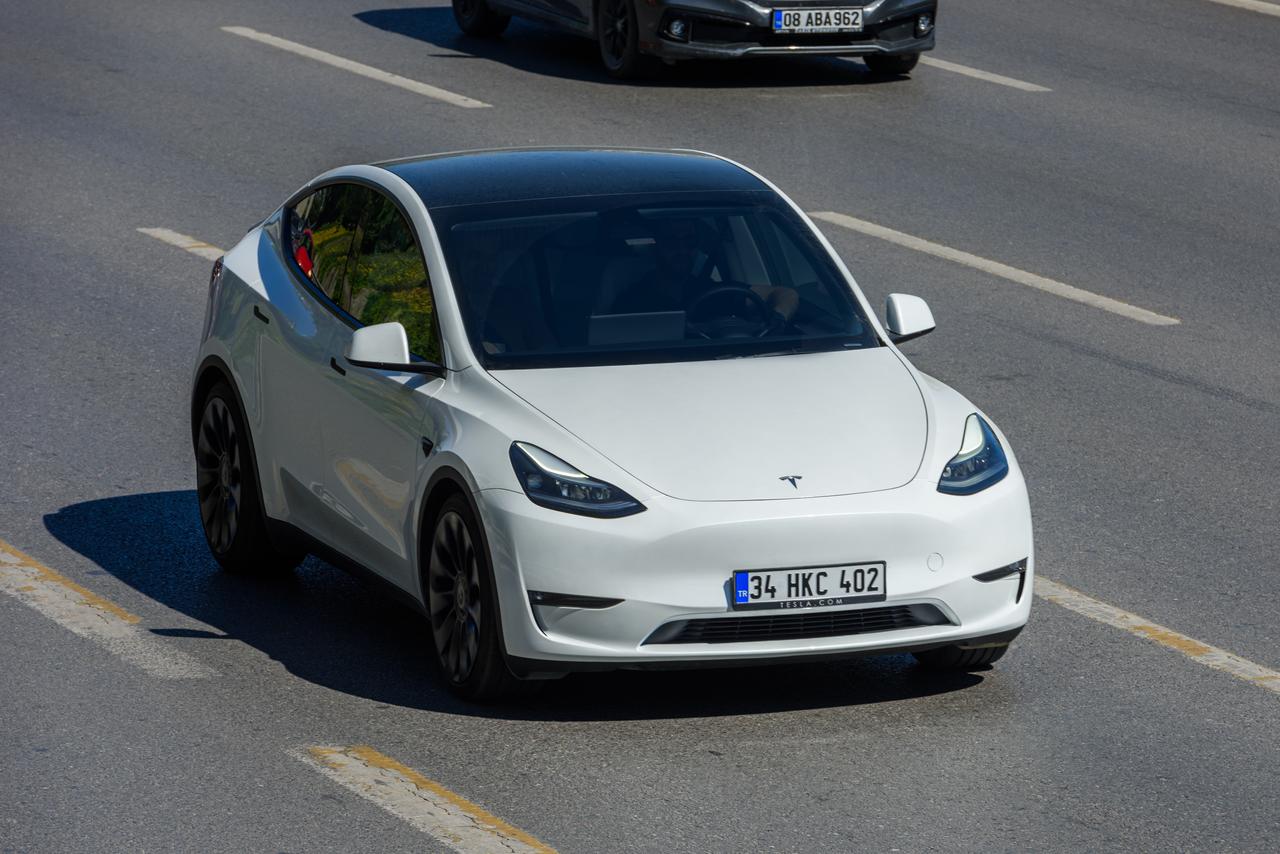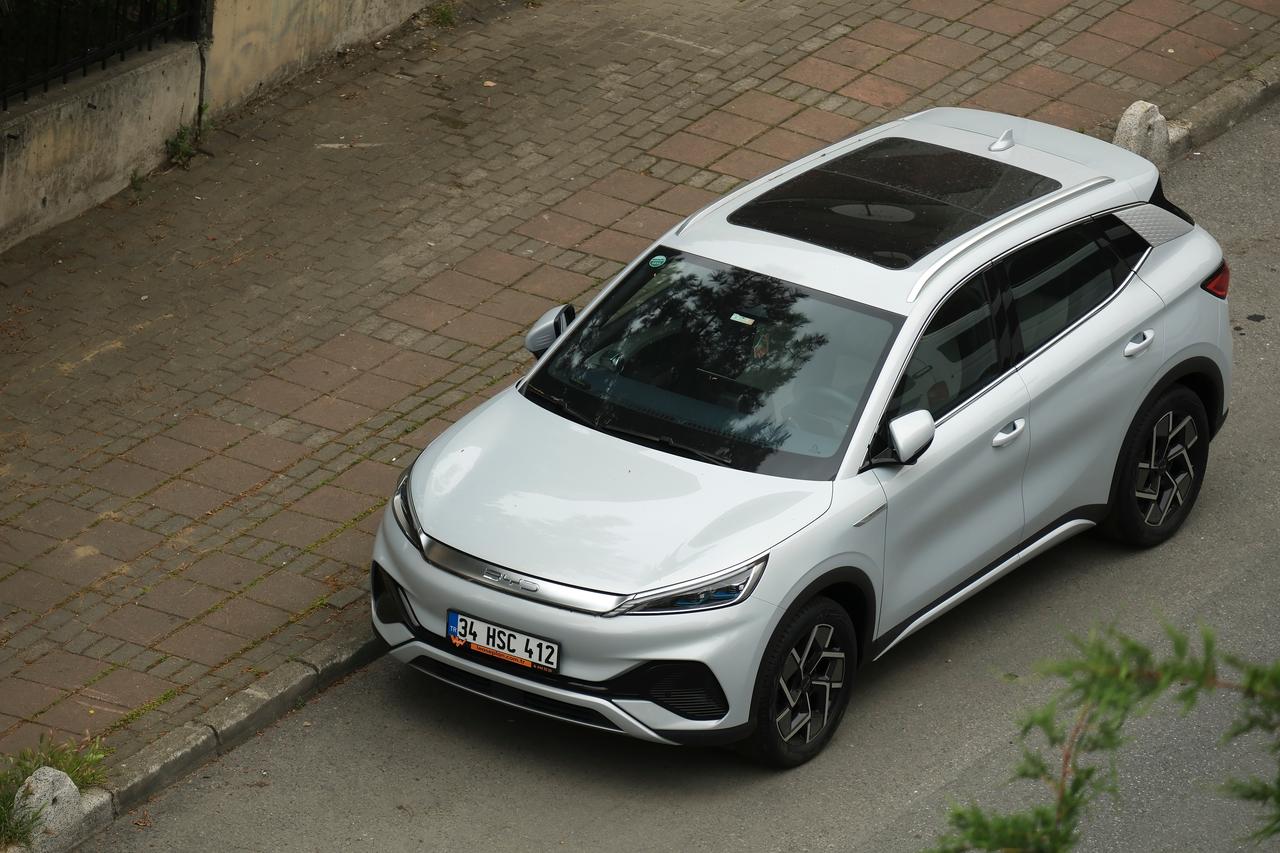
Türkiye hiked the special consumption tax (OTV) on electric vehicles (EVs), raising the lowest OTV bracket from 10% to 25% through a presidential decree published in the Official Gazette on Thursday, increasing pressure on major titans such as Chinese automaker BYD and U.S.-based Tesla amid rising sales in the country.
The new policy is part of a broader tax restructuring aimed at supporting domestic vehicle production and reducing Türkiye’s current account deficit, according to the Treasury and Finance Ministry.
While EVs now face higher tax burdens across all categories, locally produced internal combustion engine vehicles will benefit from a 5 to 10 percentage point reduction in OTV rates.
However, the tax hike also applies to TOGG, raising its prices along with other electric vehicles. Yet, as imported brands face steeper increases, TOGG’s relative affordability is expected to strengthen its competitive position in the domestic market.
Both major EV makers reported strong sales in Türkiye during the first half of 2025, with BYD selling 25,501 imported vehicles between January and June, while Tesla delivered 12,320 units.
Tesla’s Model Y has been the company’s flagship in Türkiye, previously priced at around ₺1.87 million (approximately $46,100) under the 10% OTV rate. The tax hike is expected to raise the vehicle’s price by roughly $6,000, potentially weakening demand, according to Bloomberg's calculations.
BYD’s success has centered on models such as the Dolphin, Atto 3, and Seal. Although the company has announced plans to begin local production in Türkiye by 2026, it currently remains subject to full import duties.

The revised OTV framework introduces a 15 percentage point increase for all electric vehicles, with final rates now ranging from 25% to 75%, depending on battery capacity and range. Plug-in hybrid models face similar increases, with some rates rising to as high as 85%.
In contrast, tax rates for locally manufactured gasoline and diesel vehicles have been reduced. The legislation also grants the president expanded authority to set differentiated tax rates based on technical vehicle specifications.

In response to the new tax regulation, Tesla issued a public statement on X, confirming that customers with existing vehicle orders will retain their original base price, with only the updated OTV rate applied on top. The company said this decision was made as a goodwill gesture to protect current customers from unexpected price hikes..
Tesla also clarified that customers whose invoices have already been issued and whose taxes have been paid will not be affected by the change. The company noted that updates related to individual orders will continue to be shared through the Tesla mobile app.
Due to the changes in tax structure, Tesla announced a temporary pause in website listings for July. The company stated that it will provide updates on when new listings will go live.
Türkiye’s Treasury and Finance Ministry stated that the tax adjustment was introduced to reduce import volumes and support domestic manufacturing. The ministry also estimated the overall inflationary impact of the measure at just 0.0019 percentage points annually.
Former central bank chief economist Professor Hakan Kara said in a post on X that the regulation is intended to prevent public revenue losses stemming from the growing market share of EVs and to reduce the country’s reliance on imported vehicles.
However, he noted that excluding small commercial vehicles from the new rules may weaken the policy’s effectiveness, given their high import share.